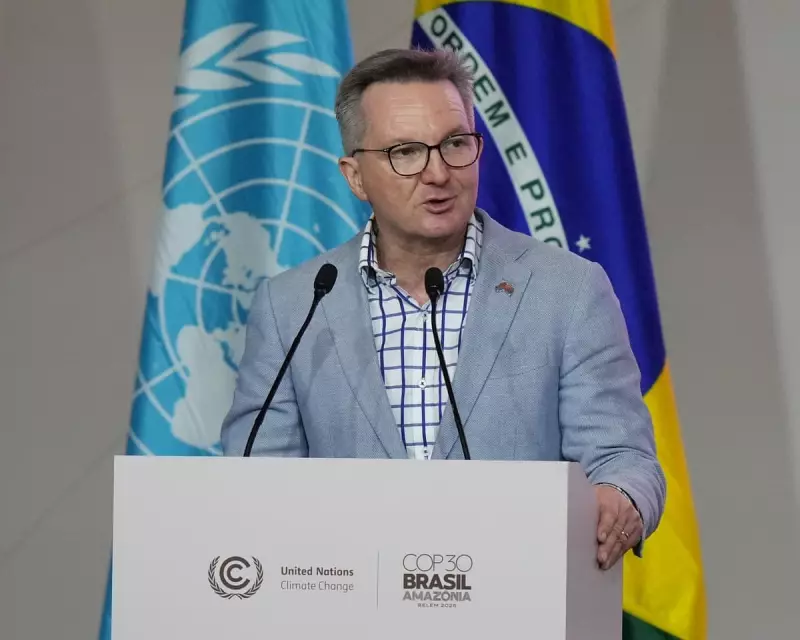
Climate Change and Energy Minister Chris Bowen has been appointed to lead crucial international climate negotiations while maintaining his domestic responsibilities, sparking a political firestorm in Canberra.
Unprecedented Climate Diplomacy Deal
According to the COP31 hosting agreement with Turkey, Chris Bowen will be granted 'exclusive authority in relation to the negotiations' between nearly 200 countries, with his responsibilities commencing immediately. The unprecedented deal, struck during UN COP30 summit negotiations in Brazil, will see Turkey host the event in Antalya while Bowen serves as vice-president and 'president of negotiations'.
The agreement marks a significant diplomatic achievement for Australia after its failed bid to co-host the summit with Pacific nations. Bowen's role will include presiding over a pre-COP31 meeting in the Pacific late next year, positioning Australia at the forefront of global climate discussions.
Coalition Attacks and Expert Rebuttals
The Opposition has launched fierce criticism against Bowen's dual roles, claiming the key diplomatic position would make him a 'part-time minister' while Australians grapple with inflated energy prices. The Coalition is expected to intensify focus on the issue during parliament's final sitting week for the year.
However, climate experts have universally dismissed these claims, with one describing the argument as evidence of Australian 'culture cringe'. Erwin Jackson, a veteran climate talks observer now at Monash University's Climateworks Centre, highlighted that of the ten COPs held since the Paris Agreement in 2015, seven have been led by government ministers retaining their domestic roles.
'In the last 40 years of negotiations, Australia has been a climate pariah - from Keating all the way through to Morrison,' Jackson stated. 'The fact that Australia has now got the backing of the most progressive climate countries in the world is something we should be celebrating.'
Historical Precedent and Practical Realities
Richie Merzian, chief executive of the Clean Energy Investor Group and former climate diplomat, emphasised that ministers routinely juggle multiple responsibilities. 'The situation is not pretty as there is no precedent, but it's doable and if anyone could do it, it's probably Bowen,' Merzian argued.
Howard Bamsey, former Australian special climate envoy, warned against underestimating the scale of the challenge. 'It will require a dedicated whole of government effort,' Bamsey noted, suggesting Bowen could be supported by appointing a 'quasi-ministerial representative' to handle significant parts of the negotiations.
The experts unanimously agreed that having an Australian minister lead global climate negotiations serves the national interest by influencing worldwide action on climate change, directly affecting Australia's environmental and economic future.





